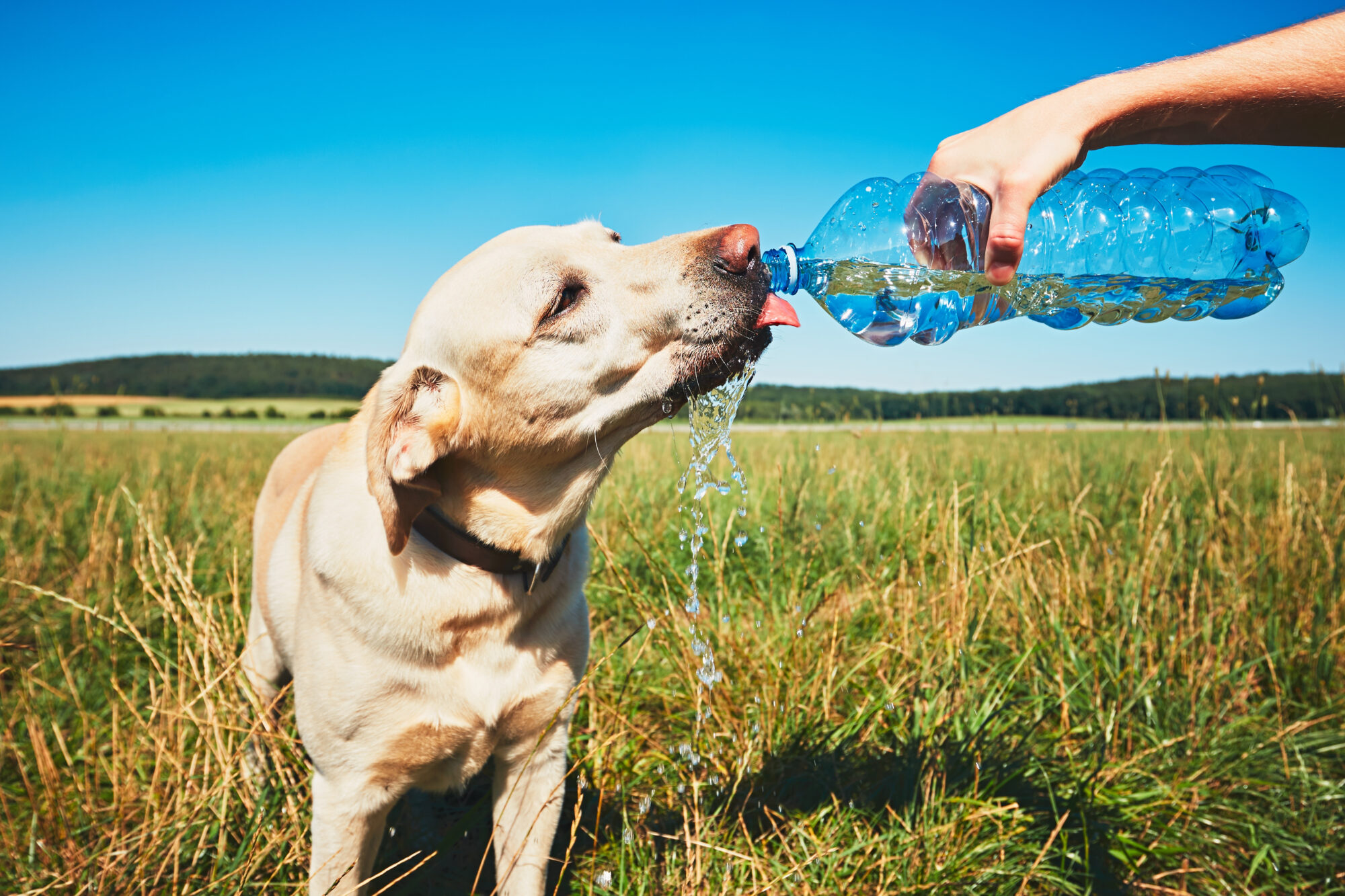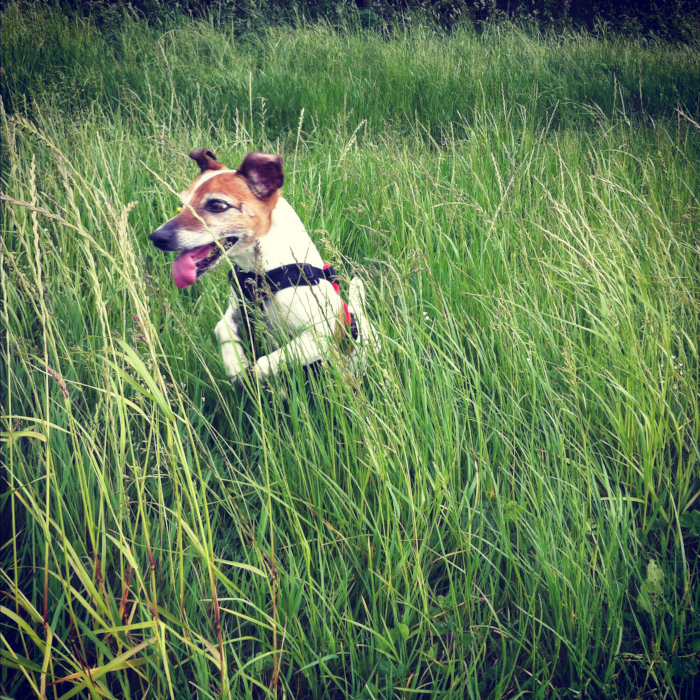Fighting Cancer
Cancer is the most common natural cause of death in dogs in the United States and Canada. And while the diagnosis is one that every pet lover dreads, the fact is that canine cancer is more treatable than ever before. Even better: Veterinarians now know more about what steps can be taken to help prevent the dreaded disease.
To reduce the risk of cancer in your pet:
- Adopt a healthy dog who fits into your lifestyle. If you’re considering a purebred dog, know that cancer hits some breeds more than others. Do your homework before deciding on a breed, and work with a reputable breeder who is aware of the health problems of the breed and is working to reduce those problems. Because of the breed-specific health problems in purebred dogs, some believe it’s better to bring a mixed-breed into your home. (Although there’s no guarantee that a mixed-breed dog won’t be stricken with cancer, of course.) Shelters and rescue groups will be happy to help you find your best pet, no matter your choice.
- Make sure your dog has good nutrition, weight-management and plenty of exercise. Help your dog to maintain a fit body for life. A fit dog will have a wasplike waist and a tucked-in abdomen.
- Feed your dog a high-quality diet made by a reputable company or a home-prepared diet prepared with the help of your veterinarian. Start with the amount of food recommended for your dog and adjust accordingly with how your pet’s body responds. Cut down on extra calories by substituting baby carrots as treats or by adding volume to meals with green beans.
- Consider adding omega-3 fatty acids (also known as n-3, found in fish oils and other sources) to potentially to reduce the risk of developing cancer. Add regular exercise, and you and your dog will benefit with greater health and a closer, more vibrant relationship.
- Spay or neuter your dog early in life. Spaying and neutering have been shown to be an effective method of preventing cancer. Spaying has a significant effect of preventing breast cancer if it is done before a dog goes into her first heat cycle.
- Choose clean living for your dog. Eliminate exposure to environmental carcinogens such as pesticides, coal or kerosene heaters, herbicides, passive tobacco smoke, asbestos, radiation and strong electromagnetic fields. Each one of these factors has been suggested to increase the risk of cancer in your dog (and in you).
For more info go to veterinarypartner.com


 Schedule an Appointment
Schedule an Appointment
